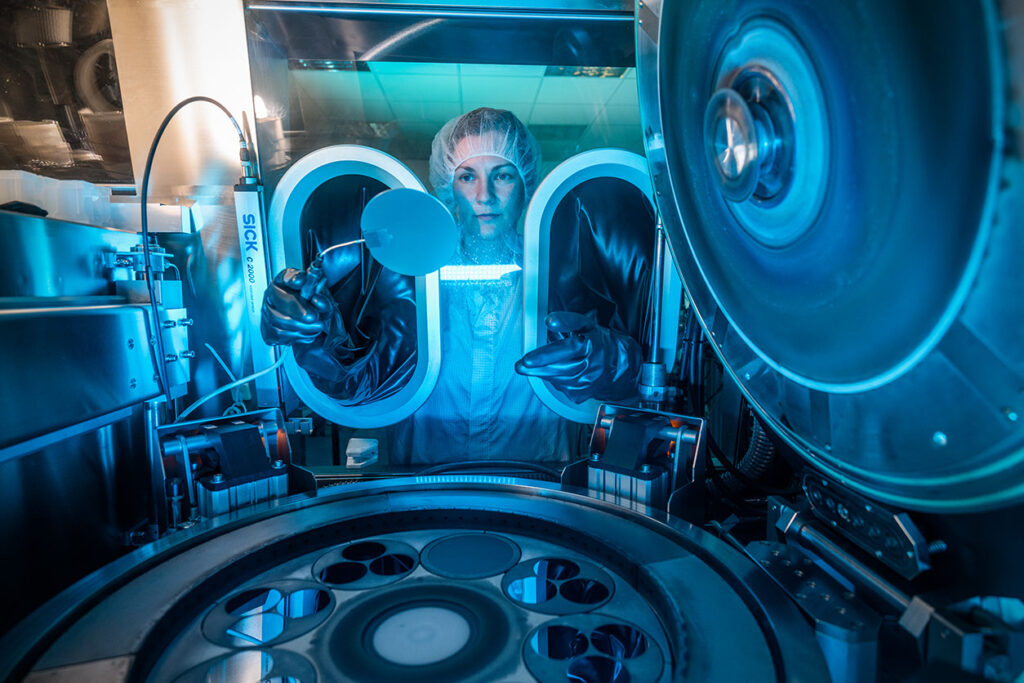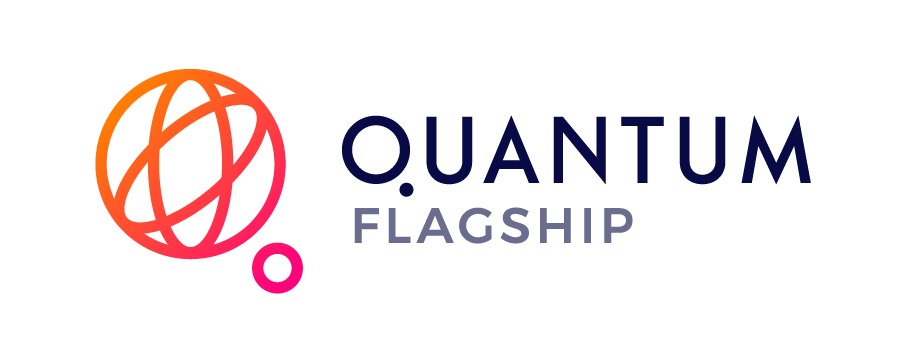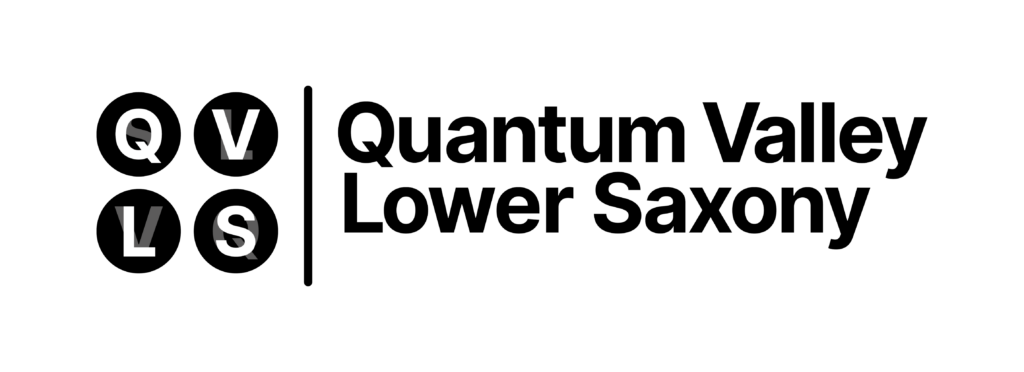ORGANISATION
We are ready

As a central node in the EU’s science and technology ecosystem, the Quantum Valley Lower Saxony (QVLS) has been selected by the European Quantum Flagship to host the EQTC 2023 – and we couldn’t be more excited to embark on this one-of-a-kind endeavour!
We will bring together science, industry and academia in an inspiring and impact-oriented setting, strengthening old and creating new connections for the success of Europe. Created with cutting-edge expert inputs by our fantastic Programme Committee, a dedicated local Organising Committee and best-in-class event design by the agency futurehain, we will realise a unique and empowering gathering that showcases the values and merits of the European quantum community.

Programme Committee
Prof. Antonio Acin, ICFO Barcelona
Prof. Rainer Blatt, University of Innsbruck
Dr. Thierry Botter, QuIC
Prof. Harry Buhrman, University of Amsterdam
Dr. Freeke Heijman, Quantum Delta NL
Prof. Michèle Heurs, Leibniz University Hannover
Dr. Christoph Jurczak, Quantonation
Dr. Anna Kaminska, Creotech
Prof. Rainer Müller, TU Braunschweig
Prof. Christian Ospelkaus, Leibniz University Hannover
Dr. Maria Luisa Rastello, INRIM
Dr. Johanna Sepúlveda, Airbus Defence and Space
Prof. Andreas Wallraff, ETH Zürich
Organising Committee
Prof. Michèle Heurs (Co-Chair), Leibniz University Hannover
Prof. Christian Ospelkaus (Co-Chair), QVLS Co-Speaker, Leibniz University Hannover
Gaëlle Decroix, CEA
Rebecca Husemann, German National Metrology Institute (PTB)
Dr. Claudius Klein, VDI
Prof. Stefanie Kroker, Braunschweig University of Technology
Dr. Tara Liebisch, German National Metrology Institute (PTB)
Lydia Sanmartí-Vila PhD, ICFO
Chaymae Senhaji, CEA
Caroline Sevin, CEA
Prof. Piet Schmidt, QVLS Co-Speaker, Leibniz University Hannover and German National Metrology Institute (PTB)
Prof. Andreas Waag, QVLS Co-Speaker, Braunschweig University of Technology
ABOUT THE QUANTUM FLAGSHIP
One of the most ambitious long-term research and innovation initiatives of Europe

The Quantum Flagship is a large-scale initiative with over €1 billion funding and a 10-year timescale, launched in 2018. It consists of a set of research and innovation projects selected through a thorough peer-review process. Calls for projects are issued based on a community-validated Strategic Research Agenda, ensuring that all actors are aligned in the pursuit of the Quantum Flagship’s goals. The goal is to consolidate and expand European scientific leadership and excellence in this research area, to kick-start a competitive European industry in Quantum Technologies and to make Europe a dynamic and attractive region for innovative research, business and investments in this field.
The long-term horizon is a “Quantum Web”: Quantum computers, simulators and sensors interconnected via quantum networks distributing information and quantum resources such as coherence and entanglement. On the corresponding time scale – which is in fact longer than 10 years – the performance increase resulting from quantum technologies will yield unprecedented computing power, guarantee data privacy and communication security, and provide ultra-high precision synchronization and measurements for a range of applications available to everyone locally and in the cloud.

ABOUT QVLS
A leading European quantum technology hub in center of Germany

Quantum Valley Lower Saxony is fostering a closely connected community that picks up on technology trends at an early stage, develops new markets and provides impetus for innovation across science, business and policy. The German Federal State of Lower Saxony invested over 250 million Euros in quantum technologies over the past decade and is expected to attract further funding of well over a billion Euros over the next 10 years.
We believe in a joint effort for the growth of the European ecosystem. Hence, we’ve been heavily involved in the activities of the European Quantum Flagship since its inception through various projects, such as MicroQC and QTEdu. More than 400 researchers at Leibniz University Hannover, Braunschweig University of Technology and theGerman National Metrology Institute (PTB) are working on quantum research and the key technologies required for this. Together, they have already established two successful clusters of excellence: QuantumFrontiers and PhoenixD. Three recently opened research buildings (HITec, LENA, LNQE) are directly dedicated to nano- and quantum technologies. New clean room laboratories for semiconductor and nanotechnology form an outstanding infrastructure and enable the use of microelectronics as well as atomic and ion trap chip production processes.

